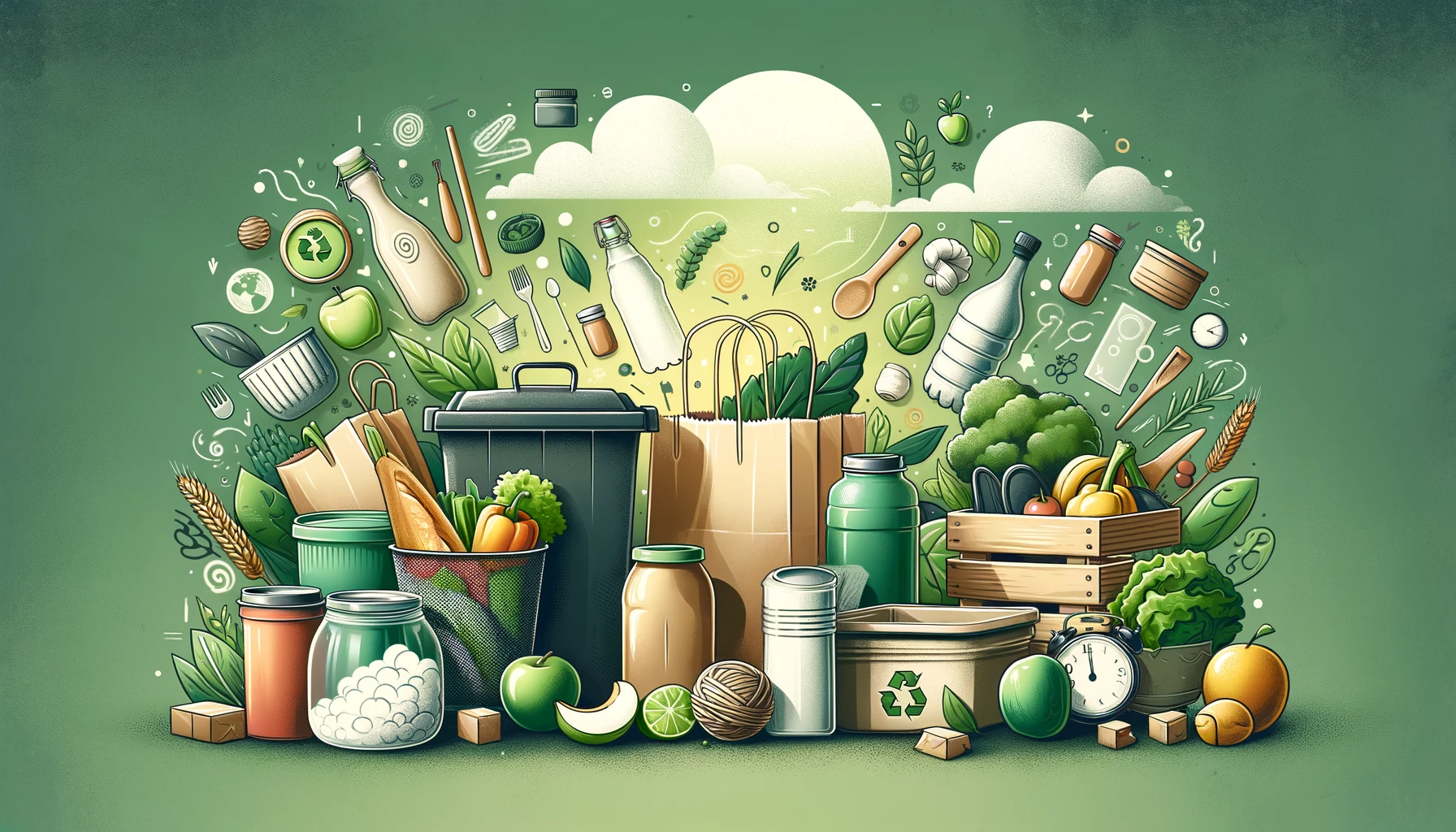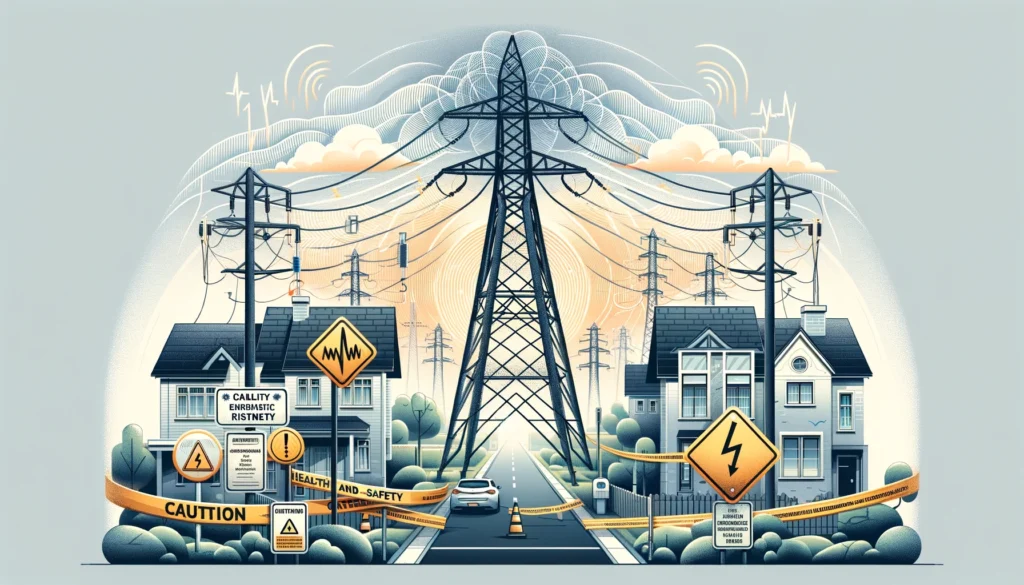The Zero Waste Lifestyle Revolution: How to Make a Difference in 2024

In a world increasingly aware of environmental challenges, the zero-waste lifestyle has emerged as a powerful movement. This 2024 guide delves into the essence of zero-waste living, offering practical steps to reduce our environmental footprint and live more sustainably.
Understanding Zero Waste
Zero waste is more than a set of actions; it’s a mindset shift. It’s about rethinking our relationship with materials and resources, aiming to eliminate waste entirely rather than just manage it. This philosophy challenges individuals and communities to act responsibly regarding the production, consumption, and disposal of products.
The Five Rs of Zero Waste
Zero waste can be distilled into five actionable principles:
- Refuse: Actively reject unnecessary products and materials, particularly those that are not eco-friendly.
- Reduce: Minimize waste by choosing higher-quality products and reducing consumption.
- Reuse: Opt for products that can be reused, repairing them when necessary, and repurposing items creatively.
- Recycle: Recycle materials that cannot be refused, reduced, or reused, ensuring they re-enter the production cycle.
- Rot: Compost organic waste, turning food scraps and yard waste into valuable soil nutrients.
Implementing Zero Waste in Daily Life
Starting a zero waste journey can be as simple as:
- Shopping Mindfully: Choose bulk items, avoid plastic packaging, and bring reusable bags, containers, and bottles.
- Sustainable Home Practices: Use eco-friendly cleaning products, invest in energy-efficient appliances, and reduce water usage.
- Eco-Friendly Personal Care: Switch to products with minimal packaging, such as bar soaps, shampoo bars, and bamboo toothbrushes.
Zero Waste Kitchen Tips
The kitchen is a hotspot for waste but offers great opportunities for change:
- Mindful Grocery Shopping: Plan meals, buy in bulk, and choose local, unpackaged produce.
- Creative Cooking: Use every part of the food, and turn leftovers into new meals.
- Composting: Start composting at home to reduce food waste and enrich your garden soil.
Overcoming Zero Waste Challenges
While the journey to zero waste is rewarding, it comes with challenges:
- Accessibility and Cost: Explore budget-friendly and accessible sustainable alternatives and DIY solutions.
- Lifestyle Changes: Gradually incorporate zero waste habits into your lifestyle to make the transition smoother.
Building a Zero Waste Community
Embracing zero waste is easier with community support:
- Local Groups and Online Forums: Connect with local groups or online communities for tips, support, and inspiration.
- Educational Workshops and Events: Participate in or organize community events focused on sustainability and zero waste living.
Conclusion
The zero waste lifestyle in 2024 isn’t just a trend; it’s a necessary step towards a sustainable future. By adopting even a few of these practices, we can make a significant difference in our environmental impact.



